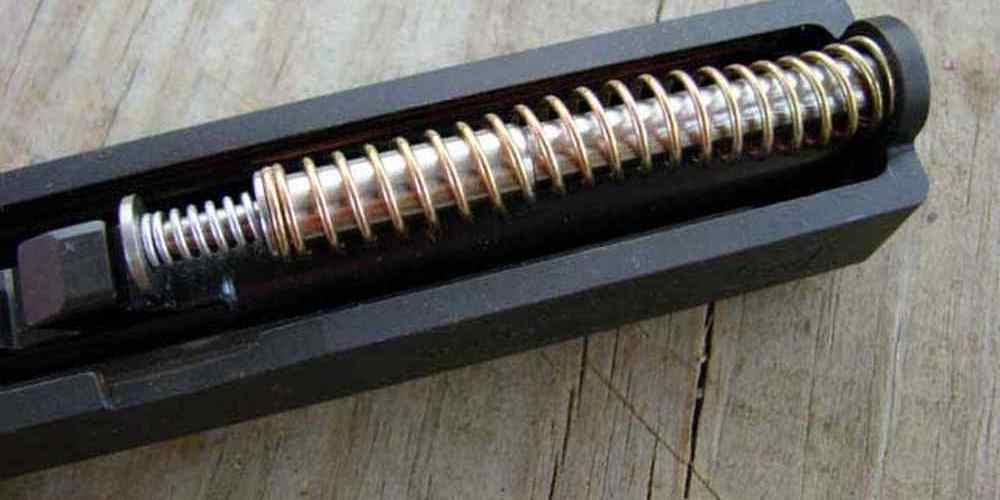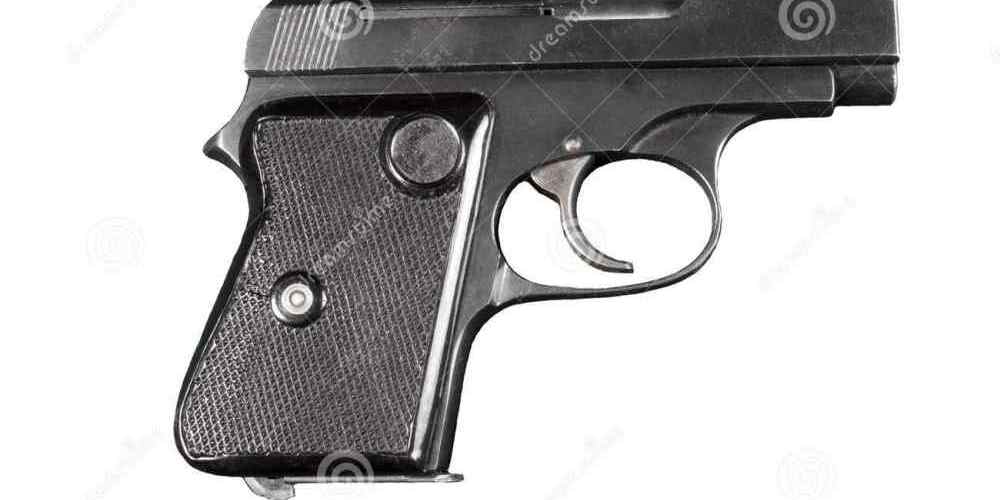Are Handloaded Rounds Safe for Defensive Carry?
Handloading ammunition has been a popular practice among gun enthusiasts for decades. It allows shooters to customize their rounds for better accuracy, consistency, and performance. However, when it comes to using handloaded rounds for defensive carry, the question of safety arises. In this article, we will delve into the factors that determine the safety of handloaded rounds for defensive purposes.
The Process of Handloading Ammunition
Handloading ammunition involves assembling individual components such as brass casings, primers, powder, and bullets to create a complete round. This process allows shooters to tailor their ammunition to suit specific firearms and shooting needs. By adjusting the powder charge, bullet type, and overall cartridge length, handloaders can achieve desired ballistic performance.
Benefits of Handloading Ammunition
- Customization: Handloading allows shooters to fine-tune their ammunition for optimal performance.
- Cost savings: Handloading can be more cost-effective than purchasing factory-loaded ammunition.
- Precision: Handloaded rounds can often exhibit better accuracy than mass-produced ammunition.
Safety Considerations for Defensive Carry
When it comes to defensive carry, reliability and consistency are paramount. Handloaded rounds must meet certain criteria to ensure they are safe and effective for self-defense purposes. Here are some key factors to consider:
Quality Control
One of the most critical aspects of handloading is quality control. Each component must be carefully inspected for defects or damage before assembly. Inconsistent powder charges, improperly seated bullets, or damaged casings can lead to malfunctions or dangerous situations when using handloaded ammunition for defensive carry.
Pressure Levels
Handloaders must adhere to safe load data provided by reputable sources such as powder manufacturers or reloading manuals. Exceeding recommended pressure levels can result in catastrophic failure of the firearm and pose a serious risk to the shooter and bystanders.
Bullet Performance
The choice of bullet type and weight can significantly impact terminal ballistics and stopping power. Handloaders must select projectiles that are proven to expand reliably and penetrate adequately in defensive situations. Testing handloaded rounds in ballistic gelatin or other mediums can help assess their performance.
Case Studies and Statistics
Several studies have examined the safety and effectiveness of handloaded ammunition for defensive carry. A study conducted by the FBI concluded that properly handloaded rounds can perform as well as factory-loaded ammunition in terms of accuracy and reliability.
In another case study, a renowned firearms instructor tested handloaded rounds against factory loads in various scenarios simulating self-defense situations. The results showed that handloaded ammunition performed consistently when loaded within safe pressure limits and using quality components.
Statistics on Defensive Gun Use
According to the National Crime Victimization Survey (NCVS), defensive gun use occurs approximately 100,000 times per year in the United States. While not all incidents involve firing a weapon, having reliable ammunition is crucial in a life-threatening situation.

Summary
In conclusion, handloaded rounds can be safe for defensive carry if loaded with care and attention to detail. Quality control measures, adherence to safe load data, and proper bullet selection are essential factors in ensuring the reliability and effectiveness of handloaded ammunition for self-defense purposes. By following established best practices and conducting thorough testing, shooters can confidently rely on handloaded rounds as a viable option for defensive carry.







